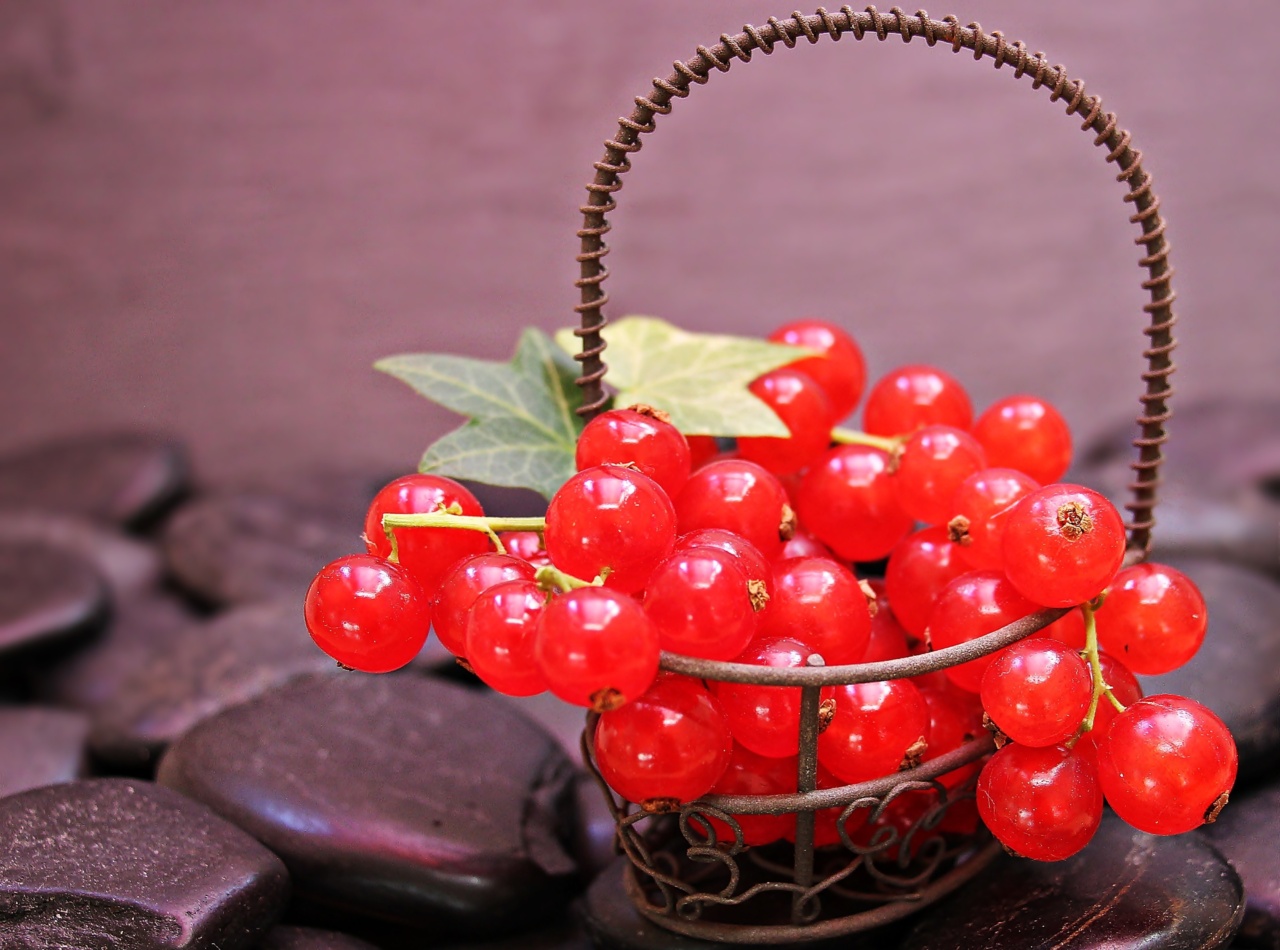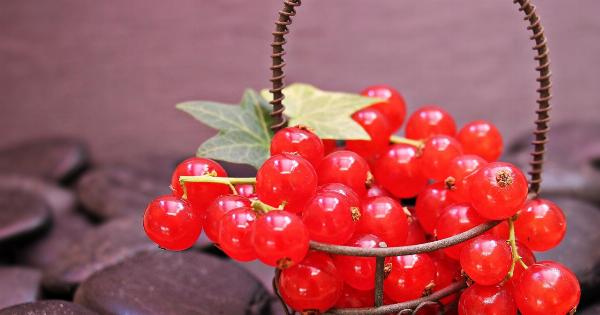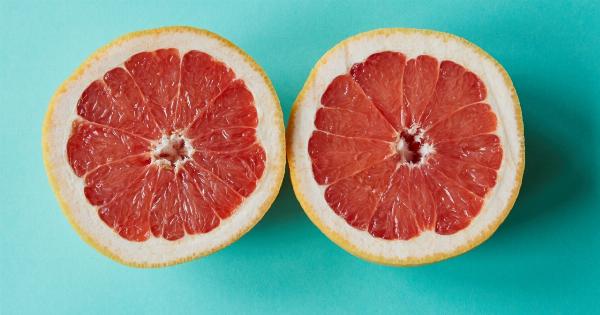Kidney stones are hard deposits that form in the kidneys and can cause severe pain and discomfort. They are typically made up of calcium oxalate or other substances that build up in the urine.
While medical intervention may be required to treat kidney stones, certain dietary modifications can help prevent their formation or reduce the risk of recurrence. One of the most crucial aspects of managing kidney stones is knowing what foods to avoid.
1. Oxalate-Rich Foods
Oxalate is a naturally occurring substance found in many foods. It binds with calcium in the urine, leading to the formation of calcium oxalate stones.
Limit your consumption of high-oxalate foods, such as spinach, rhubarb, beets, chocolate, nuts, tea, and wheat bran. However, it’s important to note that not all kidney stones are caused by oxalate, so restricting these foods may not be necessary for everyone.
2. Sodium-Rich Foods
High sodium intake can contribute to the development of kidney stones. Sodium causes the kidneys to excrete more calcium into the urine, which can increase the risk of calcium stone formation.
Avoid or limit processed foods, canned soups, fast food, deli meats, and salty snacks, as they can be high in sodium. Instead, opt for fresh and unprocessed foods to help maintain a healthy sodium balance.
3. Animal Protein
Consuming excessive amounts of animal protein can increase the risk of kidney stone formation. Animal protein increases the level of uric acid in the urine, which promotes the development of uric acid stones.
Limit your intake of red meat, organ meats, shellfish, and high-protein diet supplements. Consider swapping some animal protein sources with plant-based alternatives like legumes, tofu, and tempeh.
4. High Sugar Foods
A diet high in sugar and refined carbohydrates can lead to obesity and diabetes, both of which are risk factors for kidney stones.
Additionally, high sugar consumption can increase urinary calcium excretion, contributing to the formation of calcium stones. Reduce your intake of sugary beverages, desserts, candies, and processed foods that are loaded with added sugars. Opt for whole fruits instead of sugary snacks.
5. Carbonated Beverages
Carbonated beverages, including soda and energy drinks, can be problematic for individuals prone to kidney stones. These drinks are often high in sugar or artificial sweeteners and may contain phosphoric acid.
These factors can increase the risk of various types of kidney stones. Opt for water, herbal tea, or natural fruit juices without added sugars to stay hydrated and reduce the risk of stone formation.
6. Excessive Caffeine
While moderate caffeine intake is generally considered safe for most people, excessive caffeine consumption can potentially contribute to kidney stone formation.
Caffeine is a mild diuretic, which means it can increase urine production and potentially lead to dehydration. Ensure that you’re consuming caffeine in moderation and balancing it with adequate water intake to prevent dehydration and reduce the risk of stone formation.
7. Foods High in Oxalate and Calcium
Although calcium intake from dietary sources is generally not associated with an increased risk of kidney stones, consuming excessive amounts of calcium alongside foods high in oxalate can promote stone formation.
If you have a history of calcium oxalate stones, it may be beneficial to moderate your consumption of high-calcium foods, such as dairy products, while also controlling oxalate intake.
8. Alcohol
Alcohol can dehydrate the body and, when consumed excessively, increase the likelihood of kidney stone formation. It can impair the body’s ability to regulate urine production and concentration, leading to a higher risk of stone development.
Limit alcohol consumption, and ensure that you’re hydrating adequately when drinking alcoholic beverages to minimize the risk of kidney stone formation.
9. Foods High in Purines
If you’re prone to uric acid stones, it’s important to avoid or limit foods high in purines. Purines are natural substances found in certain foods and can break down into uric acid during digestion.
Foods high in purines include red meat, organ meats, shellfish, sardines, and some types of fish. By moderating your consumption of these foods, you can help prevent the formation of uric acid stones.
10. Vitamins and Supplements
Some vitamin and mineral supplements, as well as herbal supplements, can increase the risk of kidney stone formation. Examples include vitamin C supplements and high-dose vitamin D supplements.
It’s important to discuss the use of any supplements with your healthcare provider, especially if you have a history of kidney stones, to ensure their safety and appropriateness.
Managing kidney stones involves a comprehensive approach that includes dietary modifications, increased fluid intake, and sometimes medical intervention.
By minimizing or avoiding the consumption of foods and substances that promote kidney stone formation, you can reduce the risk of developing new stones and improve your overall kidney health.






























